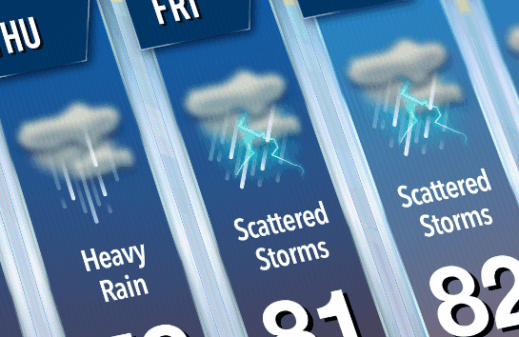Dementia and Alzheimer’s: Do You Know the Difference?
Dementia is not a single disease. Rather it includes a number of different conditions with different causes, including Alzheimer’s disease, a shared collection of symptoms common to these disorders, usually in the elderly.
Dementia symptoms
• Memory problems, especially short term memory loss
• Increasing difficulty communicating, finding words
• Progressive frustration when faced with complex tasks
• Deteriorating ability to plan or organize
• Loss of motor skills
• Frequent disorientation
• Deterioration in personal hygiene
The early signs are easy to miss, episodes of temporary disorientation and forgetfulness. The individual who is developing the condition will very likely try to cover up these symptoms, refusing to acknowledge any signs of mental deterioration.
Causes of dementia
Progressive dementia
• Alzheimer’s disease – A huge problem for American health, it is the commonest form of dementia in people over age 65, it is the slowest of the progressive forms, with deterioration over about 8 to 10 years. The exact cause of Alzheimer’s has not been determined, although there is definitely a genetic component, especially in the early-onset variety that starts before age 60. The brain undergoes changes, the development of clumps of amyloid, called plaques, and fibers of tau protein, called tangles, in the parts of the brain that control memory, judgment and language. As the plaques and tangles grow larger, the mental capabilities of the victim decrease until total care is needed and he or she no longer recognizes loved ones.
• Vascular dementia – Caused by blockages of blood vessels in the brain, small strokes occur, often frequently. The symptoms appear suddenly and are rapidly progressive. Victims usually have a history of hypertension or stroke.
• Lewy Body dementia – Clumps of proteins called Lewy Bodies are found in the brains. This is the second commonest form, accounting for 10% of dementia. Symptoms are typical, slowly progressive, although the victim may have periods of being totally normal.
• Frontotemporal dementia – Nerve cells in the anterior portions of the brain break down, usually in younger people between ages 50 and 60. The hallmark of this type of dementia is inappropriate behavior and foul language.
There are many other diseases that can cause dementia symptoms: Parkinson’s, Huntington’s chorea, traumatic brain injury, as well as conditions like infection, depression, endocrine abnormalities and toxins. Some are even reversible if diagnosed early enough.



